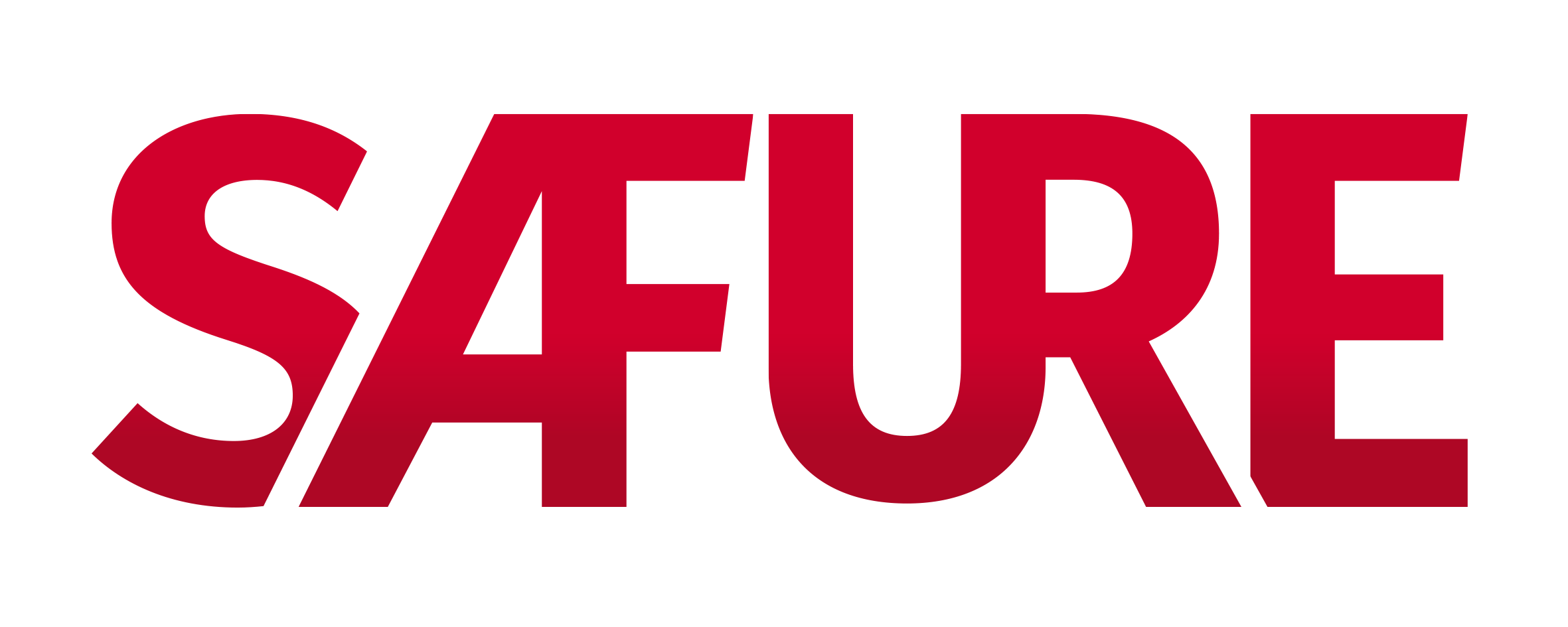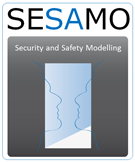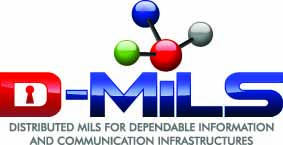Links
MILS Community
The MILS Community is a global international, open membership, not-for-profit technology consortium that will become the leading competence network on MILS architecture and technologies.
For more information please visit the MILS Community.
Related Projects
 |
Safety And Security By Design For Interconnected Mixed-Critical Cyber-Physical Systems. The project SAFURE targets the design of cyber-physical systems by implementing a methodology that ensures safety and security "by construction". This methodology is enabled by a framework developed to extend system capabilities so as to control the concurrent effects of security threats on the system behavior. The current approach for security on safety-critical embedded systems is generally to keep subsystems separated, but this approach is now being challenged by technological evolution towards openness, increased communications and use of multi-core architectures.
|
 |
The SESAMO project addresses the root causes of problems arising with convergence of safety and security in embedded systems at architectural level, where subtle and poorly understood interactions between functional safety and security mechanisms impede system definition, development, certification, and accreditation procedures and standards. Intense market innovation is being held back by this root cause: the absence of a rigorous theoretical and practical understanding of safety and security feature interaction. The proposed solution is to develop a component-oriented design methodology based upon model-driven technology, jointly addressing safety and security aspects and their interrelation for networked embedded systems in multiple domains (e.g., avionics, transportation, industry control).
|
 |
Growing complexity of applications makes the integration of security and dependability an issue in many domains (e.g. energy supply, transportation, industrial control, and aerospace). The engineering of embedded systems need to take these aspects into account. However, guaranteeing security and dependability in a situation of increasing system complexity is leading to unacceptable development cost and time to market, specially for SMEs, due to the price of tools. Support of mixed criticality for embedded systems based on multi-core open source virtualization is the main challenge of this project. A way to avoid the increased validation and certification effort is to incorporate mechanisms that establish multiple partitions on the same hardware platform with strict temporal and spatial separation between the individual partitions. In this approach, applications with different levels of criticality can be placed in different partitions and can be verified and validated in isolation, the MULTIPARTES approach.
|
 |
Modern critical systems bear great responsibilities and face escalating challenges. Distributed systems for critical applications are costly and time-consuming to develop and to certify. Since there is little automated support for early assurance that a system faithfully implements its architectural design and satisfies its requirements, qualification testing and certification processes often reveal deficiencies that require costly late changes. MILS provides compositional system construction and assurance, leveraging individually developed and assured components to predict and assure the properties of composite systems. By providing a modular high-assurance platform and a framework for the certification of systems built on that platform. MILS reduces the cost and time for development, certification, and maintenance of dependable systems.
|


